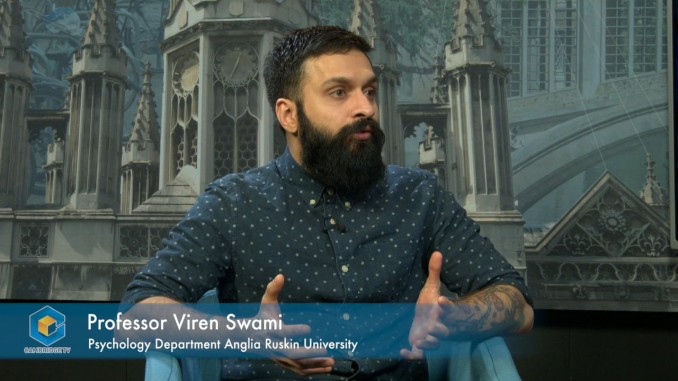
The mental state of so called conspiracy theorists has long been the butt of jokes, as well as an area of interest for academics. According to new research by Professor Viren Swami at Anglia Ruskin University, there is a strong correlation between stress and believing in conspiracy theories.
The study, which has been published in the journal of Personality and Individual Differences, measured stress, anxiety, and belief in conspiracy theories in a sample of 420 US adults between the ages of 20 and 78.
Participants were asked about their general mental health, the number of stressful experiences they’d gone through recently, how often they are anxious, and whether they suffer from tension headaches. They were also asked to rate how strongly they believed in conspiracy theories, including the faking of the moon landing and the US government being responsible for assassinating Martin Luther King.
Researchers discovered that those who were most stressed also believed strongly in the conspiracy theories covered by the questionnaire.
“Stressful situations increase the tendency to think less analytically,” says Professor Swami in the paper. He suggests that “an individual experiencing a stressful life event may begin to engage in a particular way of thinking, such as seeing patterns that don’t exist,” and this leads to conspiratorial thinking.
Ironically however this is just a theory. The study was not set-up in a way that could conclusively determine whether participants began believing in conspiracy theories after they became stressed. It could just as logically be argued that believing in so called conspiracy theories might be one of the reasons they become stressed. Thinking that the government lies about its achievements or murders civil rights leaders, is not particularly pleasant.
The study also didn’t make any distinction between different conspiracy theories – assigning a score for overall belief. Of course, not all ‘conspiracy theories’ are the same in terms of logical basis. Let’s just say some are more wacky than others.
The idea that Martin Luther King was assassinated with state involvement is the belief of his family, and was central to the 1999 civil trial. 12 jurors returned a verdict that he was assassinated as a result of a conspiracy. Therefore belief in a vaguely worded MLK conspiracy theory is not the same as believing for example, that energy weapons brought down the buildings on 9/11 or that crisis actors help fake major events. Believing in conspiracy theories is arguably not one overarching phenomenon.
Professor Swami also theorised that people choose to believe in conspiracy theories to reduce the stress caused by the events themselves.
“In the aftermath of distressing events, it is possible that some individuals may seek out conspiracist explanations that reinstall a sense of order or control,” he said. However again this is not demonstrated in the study itself.
This general idea has been around for years and is usually expressed in a more condescending scenario – where people don’t understand the complexities of the world and its events, so choose to believe a simplistic conspiracy theory instead. Yet anyone who has spent just a small amount of time looking at popular conspiracy theories will realise that they are far from simple and do not create an orderly mind. It’s more often the official versions of events that are simple to understand and less mentally taxing. For whatever reason (perhaps an endless number of different reasons) a lot of people just don’t believe them.
So conspiracy theorists are stressed. Maybe it’s because they spend so much time reading, watching videos and arguing online.




